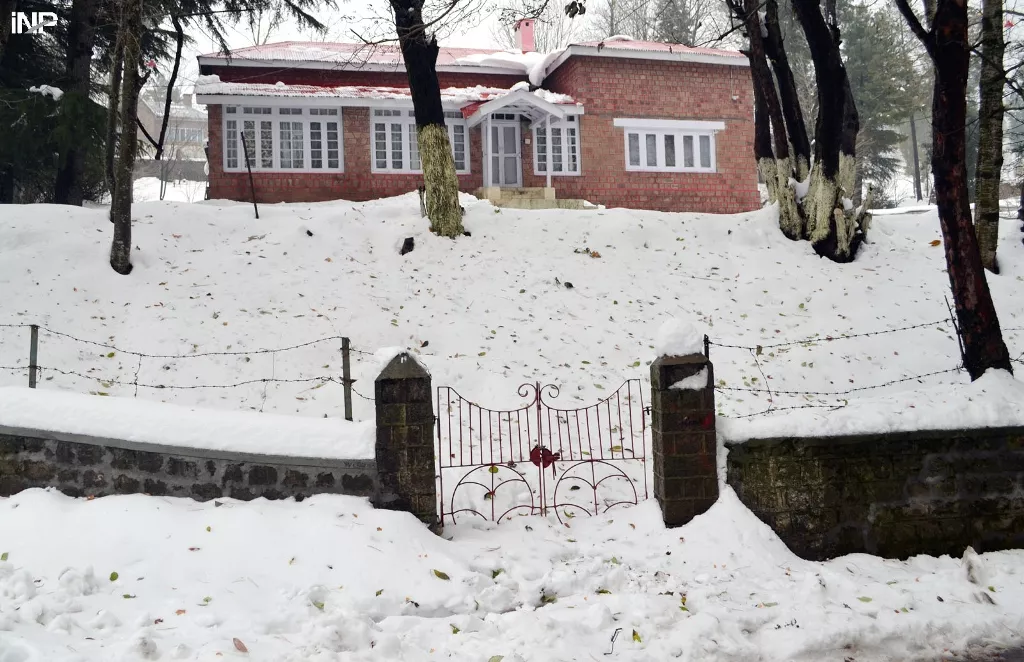Some more on drones ...
If we want to have our own drones, we need our own MILSAT network. That will take some doing.

There are moral and legal-normative problems, of course. The news that the US president has a “kill” list hasn’t helped. That the US president with the kill list is a former law professor or that the administration is arbitrarily interpreting international law provisions to justify drone attacks on the soil of countries that do not permit them makes the situation worse.
This is the problem when states fight a different kind of war or employ a new weapon system. But leaving all else aside, war will continue to determine human affairs and technology will continue to determine the conduct of war.
Maj Gen JFC Fuller, a brilliant though terribly controversial military thinker, regretted the loss of the ‘gentlemanly’ ways of fighting post-French Revolution. He also thought that employing the sword in a direct contest of arms was more chivalrous than the use of bow and arrow. But as Fuller knew and his own writings on tank warfare show, technology will continue to impact the conduct of war.
When Charles VIII descended on northern Italy, determined to march on Naples, the principalities and dukedoms in Italy had to make a decision: fight the diminutive French king or waive him onto Naples. The decision was helped in most cases by what the French artillery could do!
The stirrup allowed cavalrymen to wear heavy armour and still be able to charge and fight; the longbow and the Swiss pike helped infantrymen to more than match the cavalry, as did the musket and later the machine gun. The balance between offence and defence keeps changing. The list of technological changes and their impact on war and by extension politics is long and unending.
But what of law, of just and unjust wars, the elaborate body of literature that is supposed to determine jus ad bellum (right to go to war) and jus in bello (right conduct within war)? As with other aspects of human life, in this, too, shall law follow the politics of war? Let it be said, however, that no state — or a collection of people — will let go of an advantage and most definitely not in times of perceived or real security threats.
So the Unmanned Combat Aerial Vehicle (UCAV) is here to stay. At least 44 states are in various stages of developing drones and before long will have deployable and employable assets. In any case, the UAV technology has been around and is not very sophisticated. Pakistan develops short-range drones for reconnaissance and surveillance. It doesn’t have long-range UAVs or strike vehicles. What if we have the capability?
If we were using our own strike vehicles that would take care of the sovereignty issue but not of targeting: would we agitate the problem of targeting — who decides the target and on what basis? Would it be okay if our president had a kill list? And our president has not been a professor of anything, let alone law. Does that make it easier to have a kill list?
These questions are important to put the issue in a perspective. The normative position says drones are bad, weapons are bad, war and violence is bad. I agree. But the position has no policy relevance. The other two reference points are political and operational. At the political level, and given the public sentiment in Pakistan, no government can sell as helpful the idea of drone strikes by the US in any way. At the operational level, area commanders thought personality strikes — few and far between and precise — were acceptable in some cases, especially when conducting against high-profile targets. The increased frequency of the strikes, especially ‘signature strikes’, based on suspicious behaviour and assembly, has changed that.
So the question is: are we opposed to the use of drones per se or their use by the US? The fact that some of our political luminaries, the latest being Mr Rehman Malik, continue to ask the US to give ‘drone technology’ to Pakistan should be taken to imply that it is their use by the US which we do not like. In our hands it would be great to have the system. We could employ it with precision against the elusive TTP terrorists. That does have a good ring to it.
There’s a slight problem, though. The US could not, even if it wanted to, give us the drones. The system requires two-way communication between the drones (the remote platform) and the ground control station. Once beyond the line of sight, this can only be done through satellite communication, which is why, according to the US department of defence description, “A fully operational system consists of four Predators (with sensors), a ground control station (GCS) that houses the pilots and sensor operators, and a Predator primary satellite-link communication suite.”
This is what a Pakistani engineer who has worked abroad on the technology wrote to me: “The challenge lies in beyond line of sight communications. To control any remotely-piloted device, there has to be secure communication between the control platform and the remote platform. This is established via microwave communication. The problem, however, is that to ‘control’ the remote platform after it goes beyond line of sight, a mechanism is required to provide input to (trajectory, altitude, etc) and receive output from (video feed, targeting information, etc) the platform. The only solution to that currently, is via satellite communication ... Since we cannot afford our own satellite programme, ‘drone technology’ cannot be ‘given’ to us and we cannot be granted access to the US MILSAT network.”
If we want to have UCAVs, we need our own MILSAT network. That will take some doing.
Published in The Express Tribune, October 11th, 2012.














COMMENTS
Comments are moderated and generally will be posted if they are on-topic and not abusive.
For more information, please see our Comments FAQ